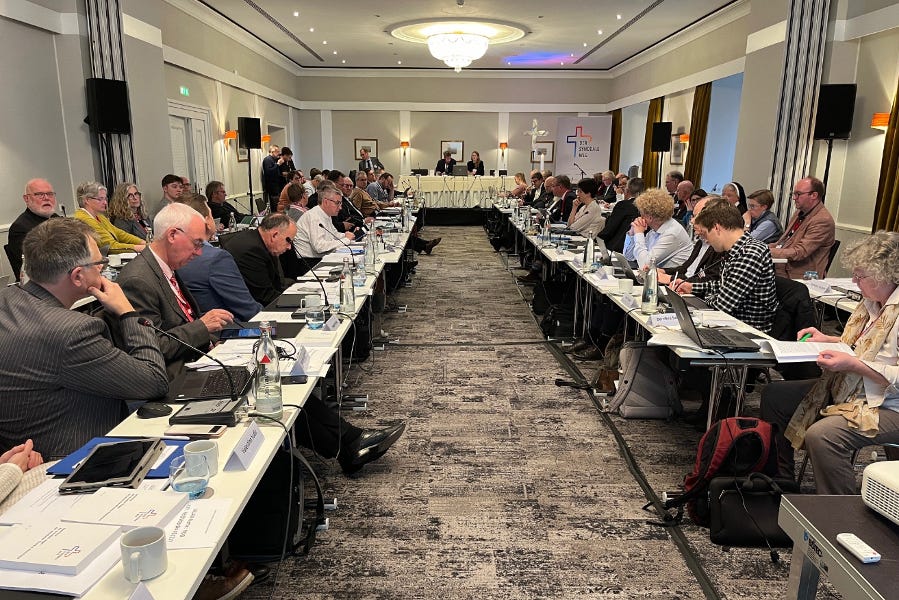Is Germany’s ‘synodal committee’ dead or alive?
As German bishops meet at the Vatican, what happened to their plan for change?
Pillar subscribers can listen to this analysis here: The Pillar TL;DR
This is shaping up to be a big week for German Catholicism.
On Wednesday, bishops and lay leaders will attend an extraordinary meeting to discuss the future of the “synodal way” project.

